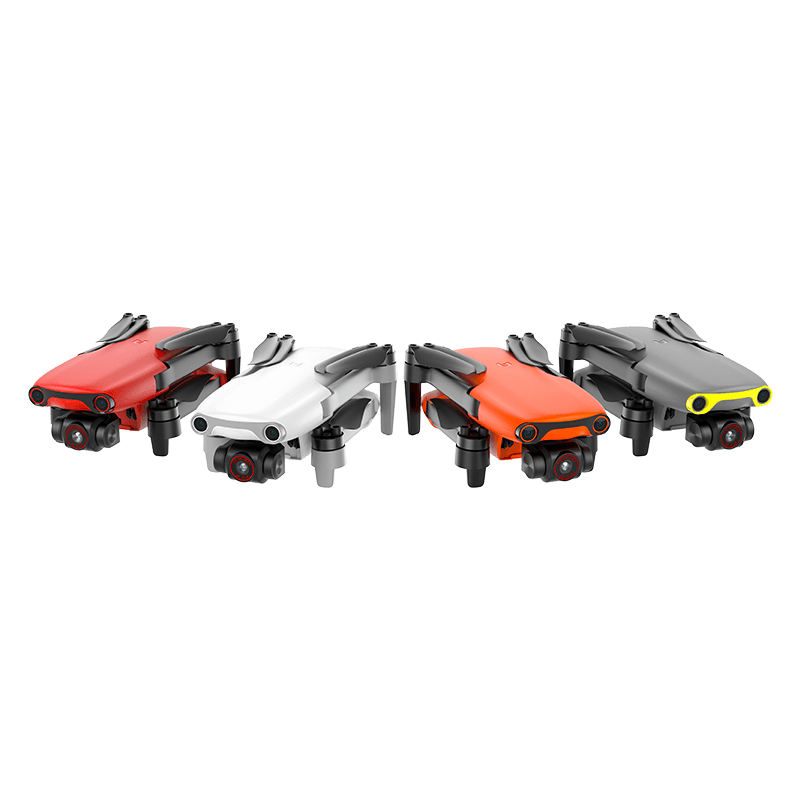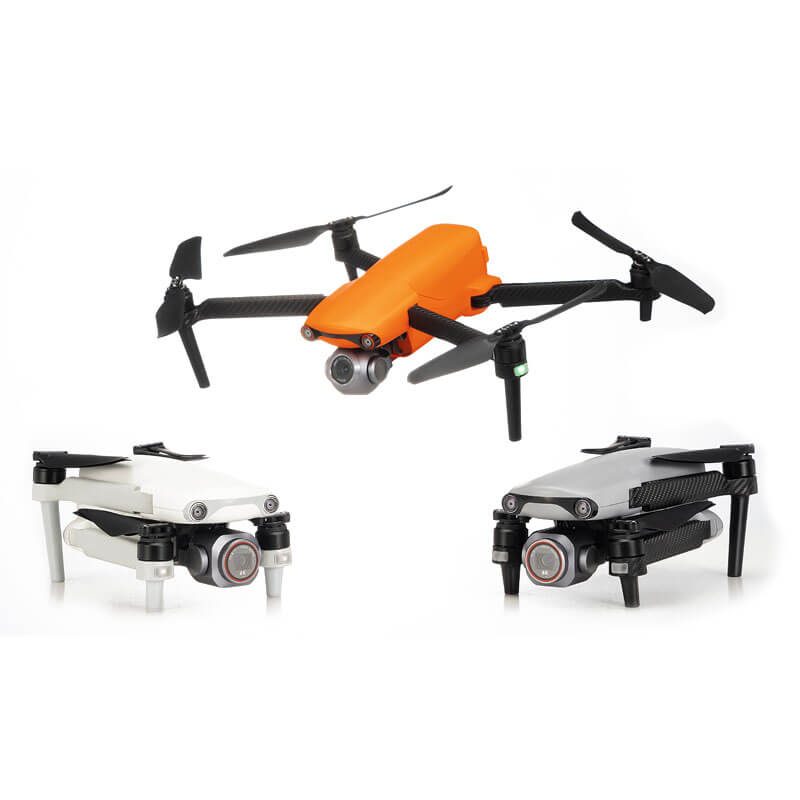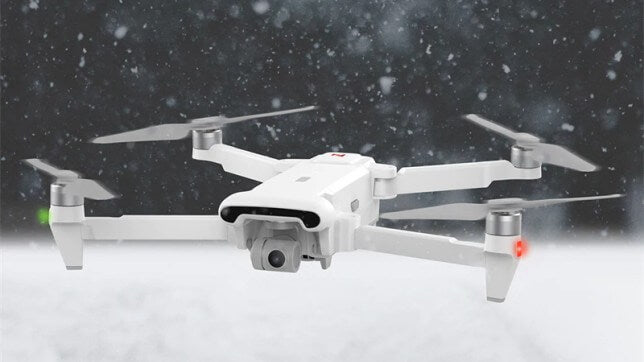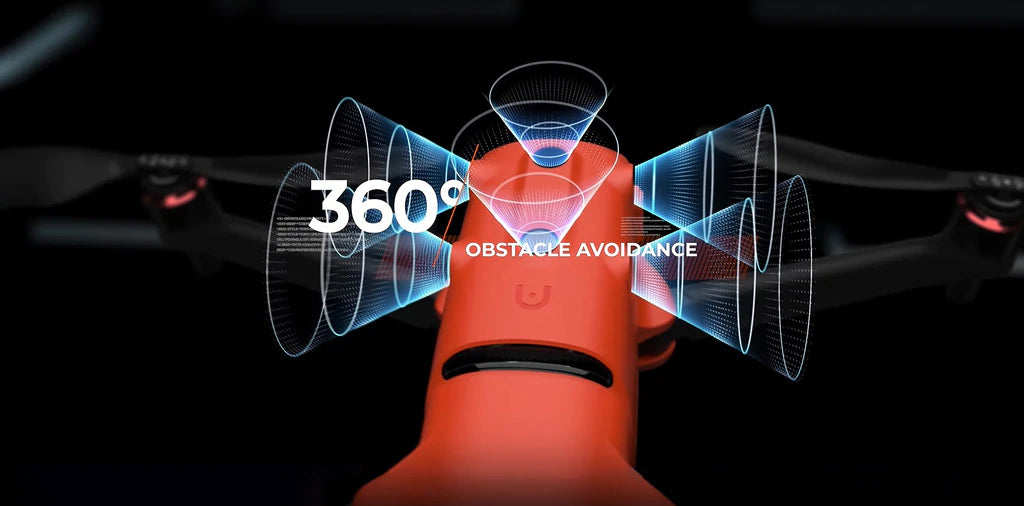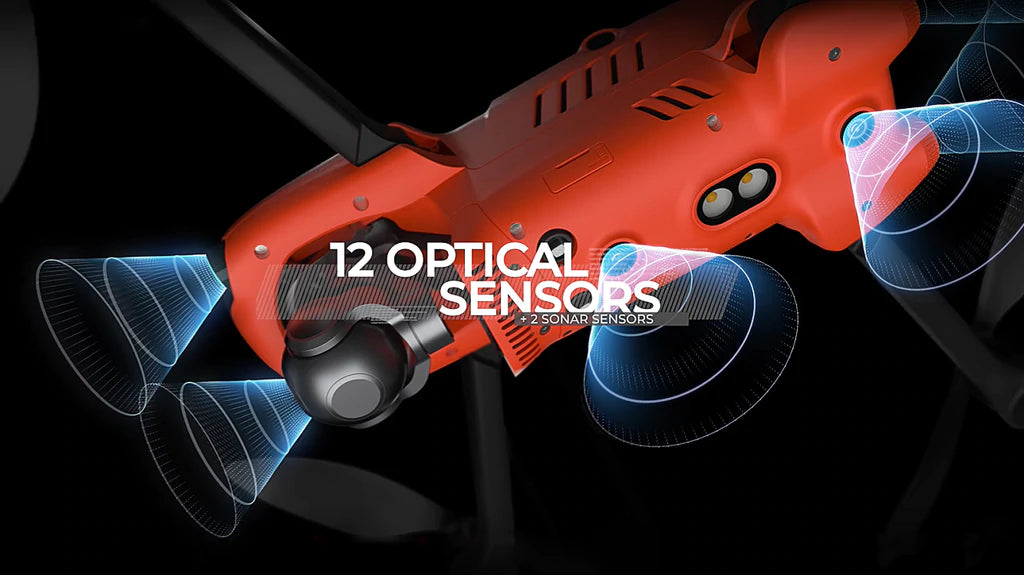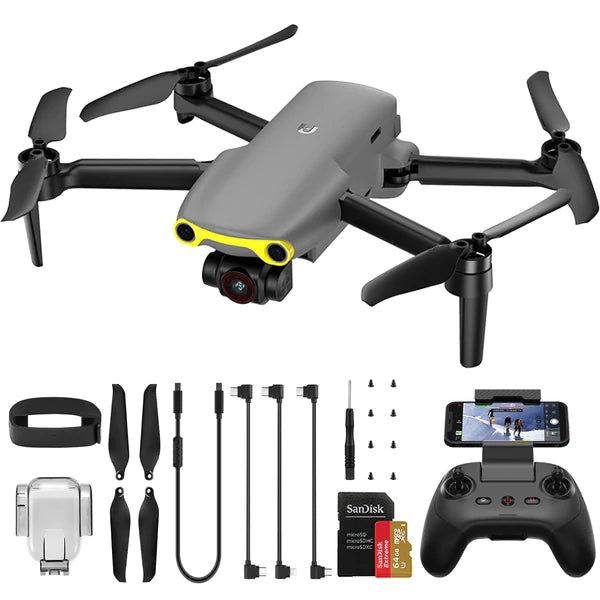When Maxwell Lee took over as general manager of his family-owned Autel Robotics in 2020, he knew there would be challenges. What he didn't expect was that he would go through a historic period of technological innovation, one that included pandemics, major leadership changes and supply chain crises.
In a candid and wide-ranging interview with DroneDJ, Lee spoke about the development of Autel's multi-rotor platform, acknowledging the increasingly fragile nature of the drone business, and crediting rival DJI for building a multi-billion-dollar company from scratch. industry.
Autel Robotics is the drone division of Autel Intelligent Technology, a manufacturer of automotive electronics and diagnostic equipment. Explaining why his family decided to enter the drone industry, Lee said: "The drone subsidiary was the brainchild of founder Frank Li and Gary DeLuca, who was leading Autel Intelligence at the time. They knew that given the inevitable global transition to green energy , manufacturers of automotive diagnostic equipment can only achieve so much growth. They decided to pin their future on robotics and chose drones as their platform of choice.”
“I really respect what DJI has done for the drone community. They may not have been the first to introduce drones, but they were certainly the first to popularize drones and bring them into the mainstream .DJI pioneered the commercial drone industry from scratch. Look at their work in public safety...Which police department is using drones before DJI shows them the good things the Eye in the Sky can do? We Don't forget that a large part of the U.S. domestic drone industry is built on DJI products. They depend on their hardware. You have to give credit where credit is due."
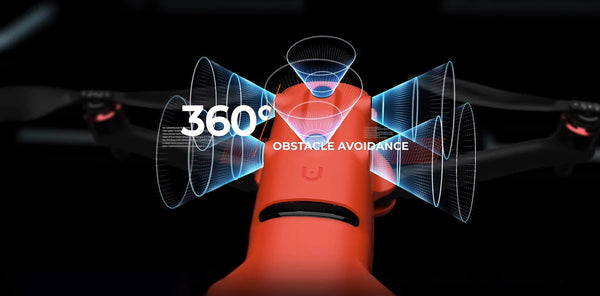
This explains why drone manufacturers, including Autel, are working hard to show how drones can help people and improve communities. "If you look at drones as a robotic solution, the possibilities do exist."
It also explains how drone manufacturers are increasingly focusing on the enterprise sector, where "integration" is the key word. "We're positioning the Autel EVO II as a larger Mavic Pro but a smaller M300; it can meet the demands of both consumer and professional users. In my opinion, DJI's product lineup has seen a similar consolidation recently," Lee said.
“They’ve done a lot of work on Tellos, Minis, Airs, Mavics and Inspires. But now look at the Mavic 3; it can do mapping, it can be used for public safety, and it’s a great professional drone. Even the commercial market Growth may also not be as fast as DJI would like to dedicate a product line to a single vertical market."
Meanwhile, Autel's growth is something Lee is quite optimistic about. That's because the company's single-minded focus on perfecting its product is about to fill some very critical gaps in the market, he said.
Take the new EVO Nano, for example. As Lee says, "Other sub-250-gram drones on the market may be light and compact, but they're not professional tools."
The EVO Nano+ is the only drone of its kind to feature a 1/1.28-inch CMOS sensor and RYYB color filter array design for more contrast and dynamic range in photos.
"Our internal testing has shown that the sensor performs on par with some other 1" sensors currently on the market. This alone transforms the Nano from a very consumer-grade, affordable drone to a more avid/professional-grade Drones," Lee insists, adding that he expects to ship at least 1,000 Nanos per day in the first few months of the drone's launch.
The drone market is released, and there will be new explosions in the future.

